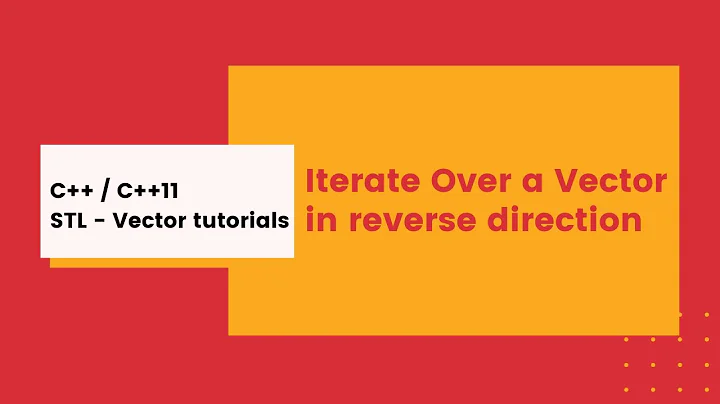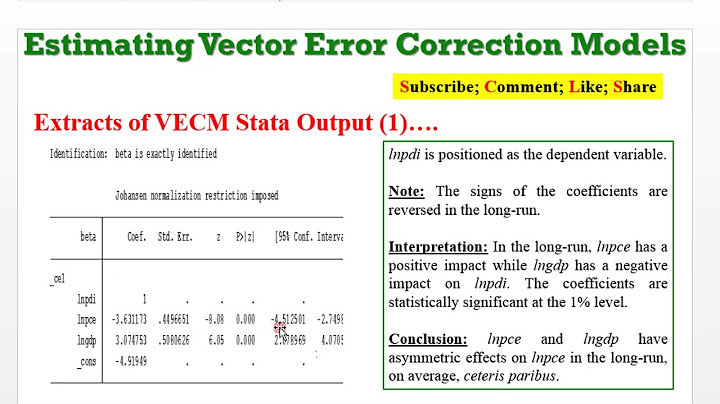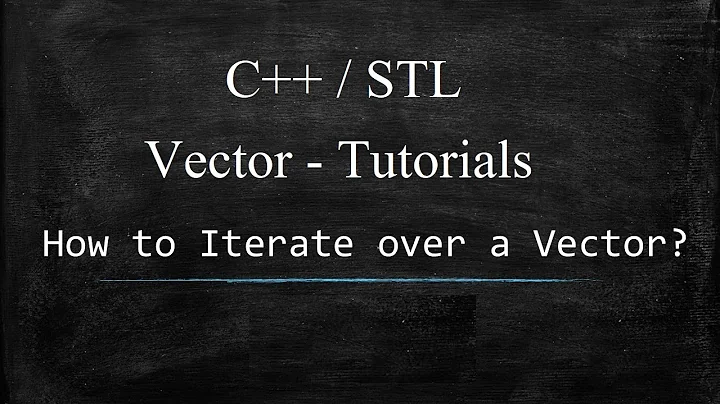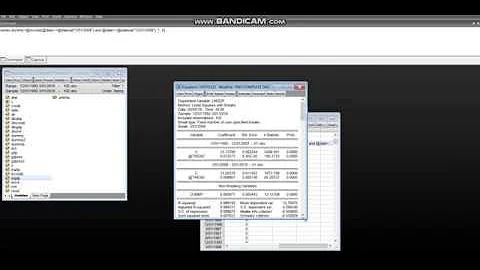Reverse iterating over a &vec versus vec.iter()
Solution 1
If you're just looping over the Vec, then &vec is idiomatic. This works because &Vec<T> implements IntoIterator, which is what the for loop uses.
However if you want to call Iterator methods such as rev, filter, etc., you need an actual Iterator (since Vec doesn't implement Iterator, only IntoIterator).
So this:
for x in &vec.rev() {
...
}
is equivalent to:
for x in (&vec.rev()).into_iter() {
...
}
i.e. there's no chance to use IntoIterator before trying to call Iterator methods.
Solution 2
This is just basic precedence of the & operator. In the first case, each method is called in turn:
vec.iter().rev()
(vec.iter()).rev() // same
In the second case, the & binds after all the methods:
&vec.rev()
&(vec.rev()) // same
Generally, use &vec when you can, but when you need to use iterator adapter methods, use iter or into_iter.
Related videos on Youtube
HiDefender
Updated on May 13, 2020Comments
-
 HiDefender almost 4 years
HiDefender almost 4 yearsThis works because
Iteratorimplementsrev()whereselfis aDoubleEndedIterator:let vec: Vec<i32> = Vec::new(); for x in vec.iter().rev() { //Do stuff }However, if I change
vec.iter().rev()to&vec.rev()it won't compile because:no method named `rev` found for type `std::vec::Vec<i32>` in the current scopeFurthermore:
the method `rev` exists but the following trait bounds were not satisfied: `std::vec::Vec<i32> : std::iter::Iterator`, `[i32] : std::iter::Iterator`But doesn't a for loop implicitly call
IntoIterator? Is&vecorvec.iter()considered idiomatic Rust?
















